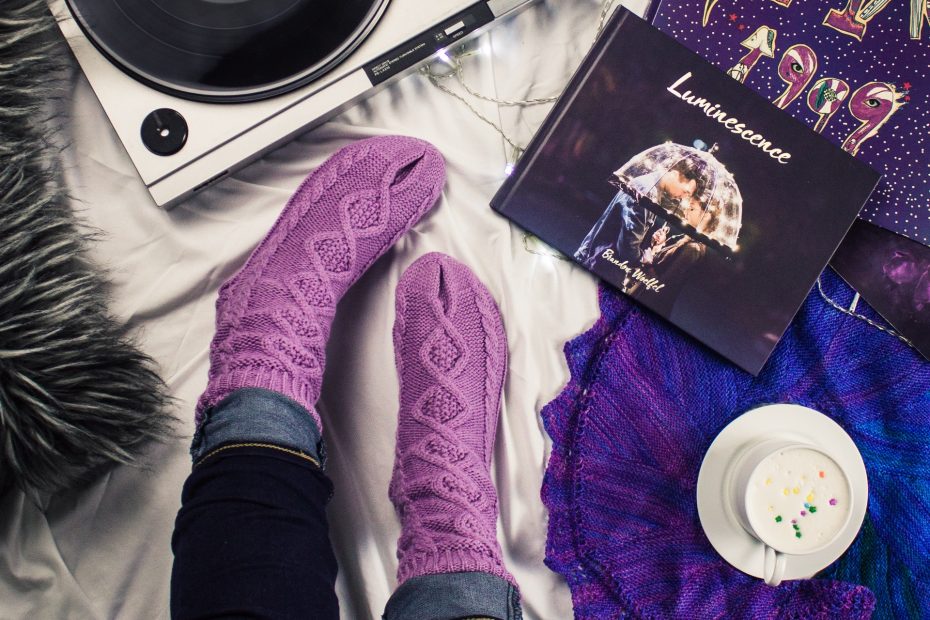What is Self-Soothing?
Self-soothing techniques are ways to calm emotions that might be distressing. Self-soothing can provide alternatives to less-healthy ways that people cope with difficult situations. It may take practice and trial-and error before you find the activities that work best for you. Practicing self-soothing regularly reminds you that you are someone who is worth looking after, and also helps you to calm down when things get overwhelming.
The Science of Self-Soothing: The Soothing-Affiliative System
The “soothing-affiliative system” is a name given to a set of brain and bodily processes (including the release of certain neurohormones) that evolved to help us to “rest and digest”, and bring a sense of contentment and calm. When activated, the soothing system it can help to regulate and calm our “threat system” (the “fight, flight or freeze” response that often comes with stress or anxiety). In mammals, the soothing system is also associated with caring, affection and attachment, which is why cuddling a pet, a friend or a partner can stimulate the soothing system and make us feel calm!
I recommend you just try one or two things at first – they don’t have to be from this list, but here are some ideas to get you started.
Some Basic Self-Soothing Principles
You might want to start by trying activities that:
Are Familiar (associated with pleasant memories from the past)
- Enjoying a favourite childhood book or film
- Preparing a meal or drink that you liked as a child
- Colouring in
- Doing a jigsaw puzzle
Involve Repetitive Motion (which can trigger the brain to increase serotonin)
- Knitting
- Rocking in a chair
- Kneading Playdough
Are Multi-Sensory (involving two or more senses)
- Having a bubble bath
- Going for a walk or gazing out of an open window, and paying attention to the sounds, smells and sights
Sensory Self-Soothing
Try thinking about activities for each of your five senses, for example:
Vision
- Watch a dance performance (for real or online)
- Look at an image or object that you find appealing, such as an old photo, a flower, or a candle flame
- Look around a museum or gallery
Hearing
- Pay attention to the sounds outside
- Make a favourite playlist
- Download a calming sounds app
Smell
- Use a favourite perfume, soap, scented candle or incense
- Clean or polish your furniture
- Smell flowers or other pleasing scents e.g. essential oils
Taste
- Drink hot chocolate or herbal tea
- Treat yourself to a food that you love
- Eat mindfully, paying attention to all of the sensations
Touch
- Rub the tension out of your neck, shoulders and feet, or apply moisturiser
- Wrap up in a blanket
- Soak your feet, hug a hot water bottle, or apply a cold compress to your forehead
For more ideas, you can download Blurt Foundation’s free Sensory Self-Care Toolkit: https://www.blurtitout.org/product/free–download–your–sensory–self–care–toolkit/
Other Self-Soothing Techniques
Here are some other things that you might like to try:
- Do some gentle exercise that you enjoy
- Put on some music and dance
- Make contact with a friend for a chat
- Switch off your phone for a while
- Try to remain in the present moment by paying attention to your surroundings, or focusing on your breath
- Mindfulness: Download a mindfulness app e.g. Headspaceor Smiling Mind
- Imagery: Remembering a time or place when you felt safe or happy (e.g. a holiday), or making up a fantasy place
- Try progressive muscle relaxation
- Self-Talk: try saying a comforting phrase to yourself, e.g. “This too shall pass”; “I am safe”; “I can get through this”
- Make a self-soothing box full of objects that make you feel calm or content
If you’re someone who likes to journal, you might want to note down which techniques you’ve tried and even rate them out of 10! Over time, you might want to develop a list of self-soothing techniques to keep at hand when you feel overwhelmed.
(Sources:www.betweensessions.com, edencounseling.com, and the Compassionate Mind Workbook.)
